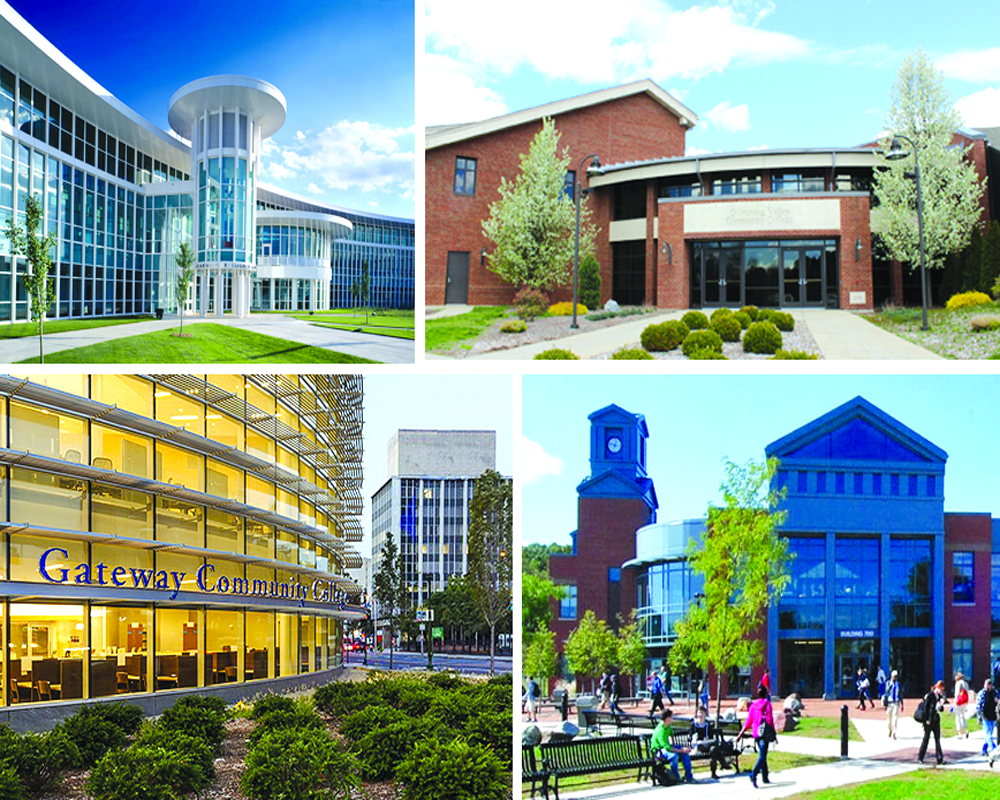Vocational courses and community colleges are a viable alternative to tertiary education
India does not have enough higher educational institutions to accommodate even half of its young population. When it comes to vocational training, only 10 per cent of the workforce in India is formally trained, compared to 96 per cent in Korea, 80 per cent in Japan and 68 per cent in the United Kingdom. There are two important issues which need to be addressed. First, there are not enough vocational education providers. Secondly, the current public perception of vocational courses is problematic; such courses are often seen as a refuge for those who have failed to make a mark in mainstream education. We have to change this perception by creating awareness about vocational education and providing career counseling at an early age in schools. India has an ambitious goal to train 500 million of its citizens by 2022 with skills and competencies for participation in the present and future labour market. Therefore, the viable alternative to formal tertiary education is Vocational Education and Training (VET) and Community Colleges which will directly contribute to skilled workforce and the nation's economy. We have to give due emphasis to the role of Community Colleges in implementing the National Education Policy (NEP), 2020, through National Skill Qualification Framework (NSQF). Although the concept of Community college has not been accepted by the educational system of India as such, it has created its own history in the last two decades. At present, there are more than 500 community colleges in the country. How are Indian Community colleges different from the two existing vocational systems — the two-year Industrial Technical Institutes and the three year Polytechnics? Both these programmes are skill and job-oriented and supply trained personnel to industries. Community colleges should have a clear mandate and agenda of its own which is to prepare the youth for the workforce in a year or two by giving them skill-oriented education alone with some life skills.
There has to be some other motivating factor to attract students to Community Colleges. It is the responsibility of Community Colleges to identify such factors and project them as their Unique Selling Points. The difference lies in the fact that the collegiate level vocational education offers only apprenticeship training and vocationalization of first-degree level whereas Community colleges offer a range of multi-focused programmes in occupational and technical and in continuing education. The courses offered by the colleges are designed to meet the workforce needs of the regions in which the colleges are located. Another purpose of Community colleges is to offer "bridge" courses to complete higher certifications, ensure employability and competency of the individual trained, teach life skills and communication in English and provide training in personal, social, language,communication and creative skills. The role of Community Colleges in implementing NVEQF is crucial for the development of vocational education and skill development. NVEQF is a descriptive framework that organizes qualifications according to a series of levels of knowledge along with the skills. These levels are defined in terms of learning outcomes or competencies the learner must possess regardless of whether they were acquired through formal,non-formal or informal education and training. Given the framework of the NEP, having a strong emphasis on skill-based vocational education, the role of Community Colleges in implementing NSQF would be significant as it will follow a modular, credit-based system that keeps abreast of technological and other workforce changes.
(The writer is a senior journalist and Chairman, Panwar Group of Institutions, Solan, Himachal Pradesh. The views expressed are personal.)


























